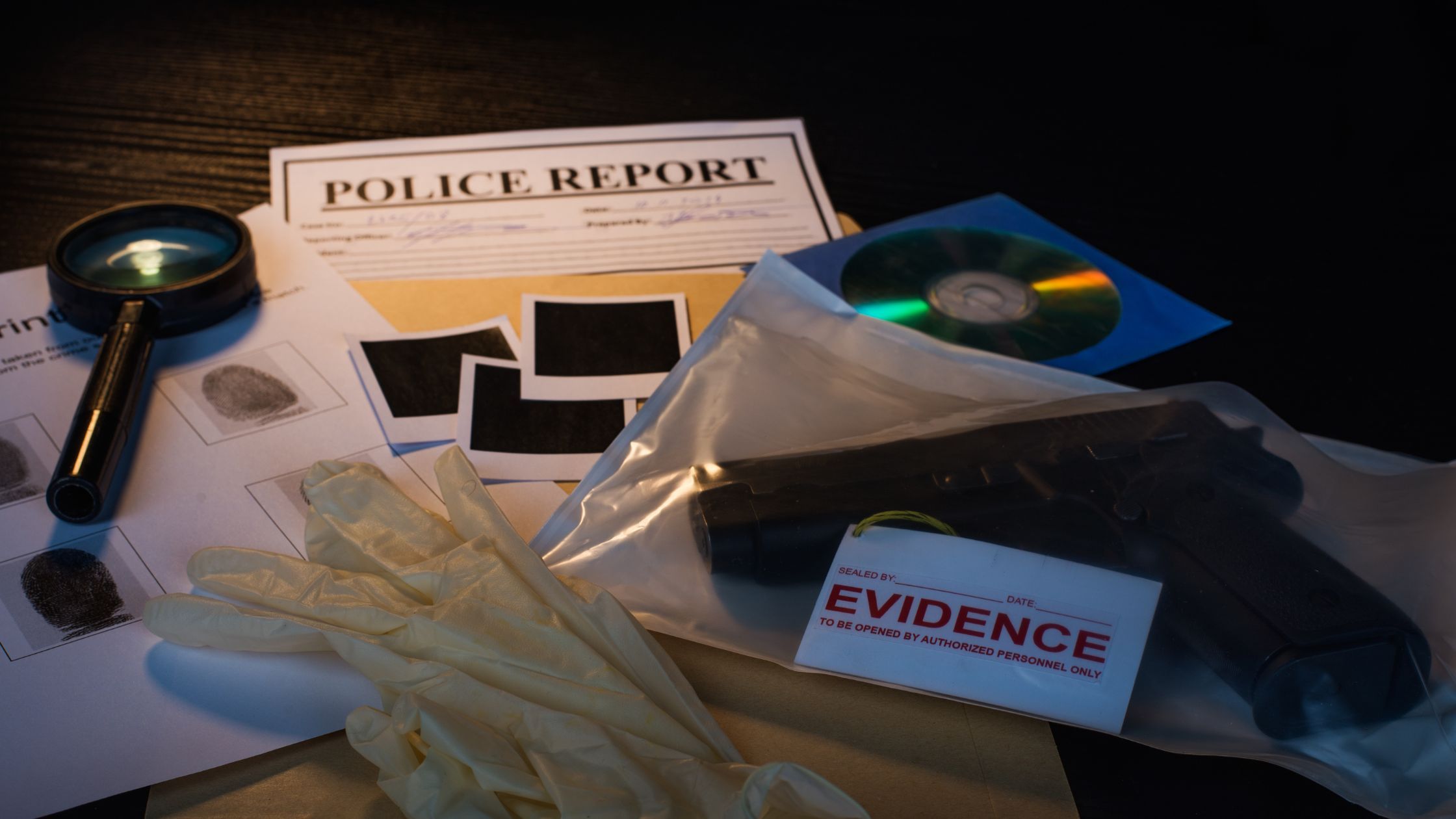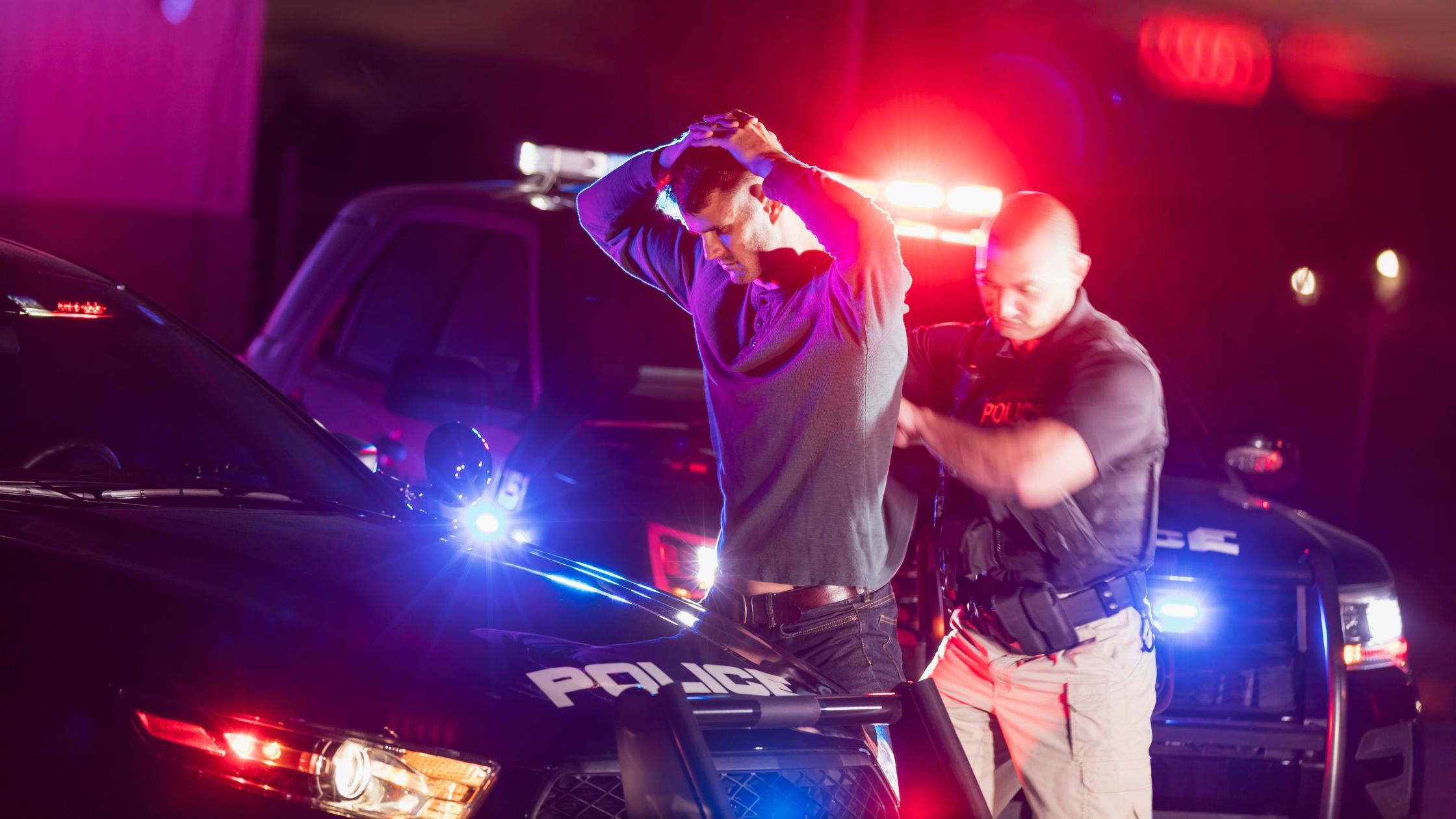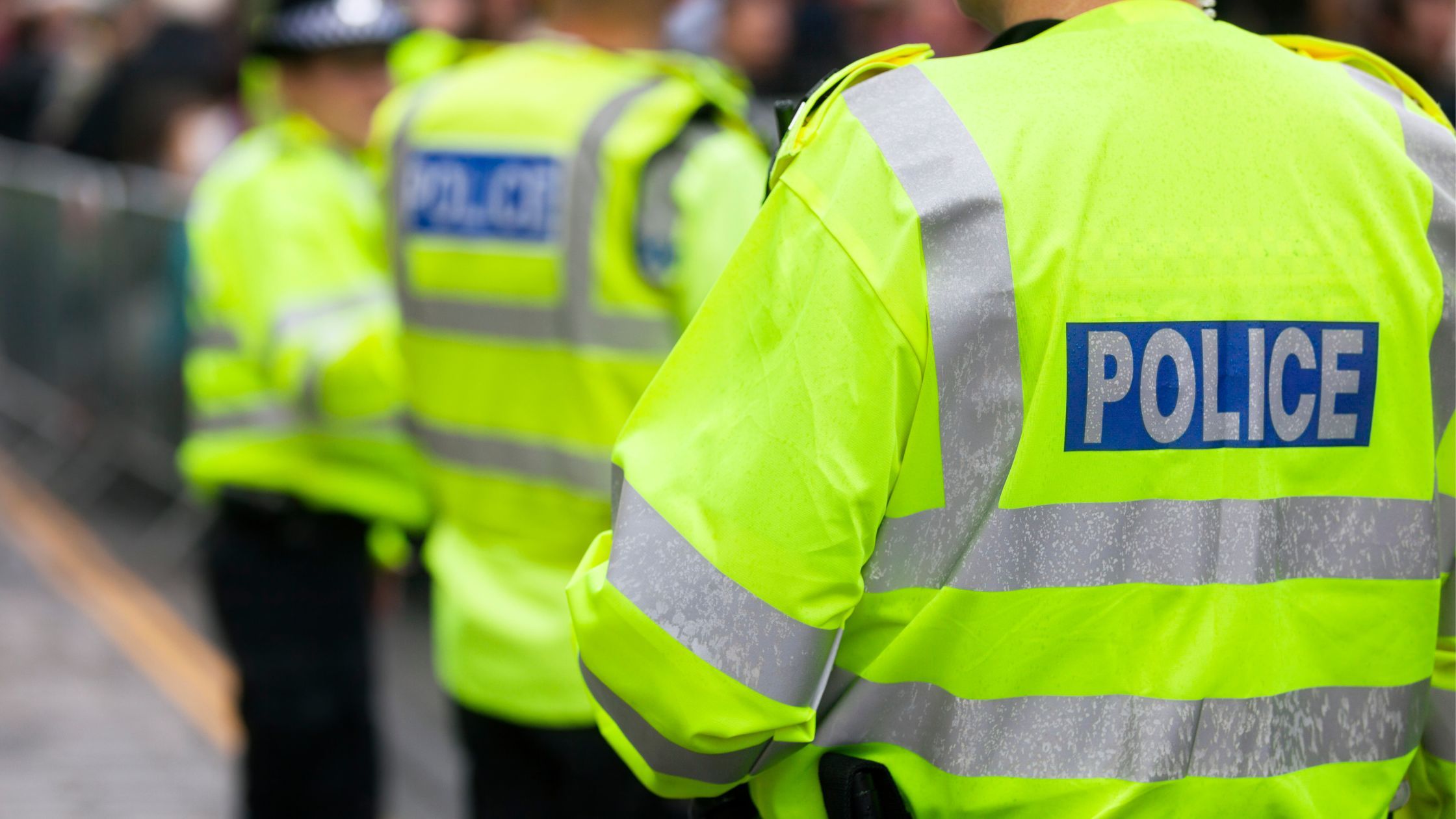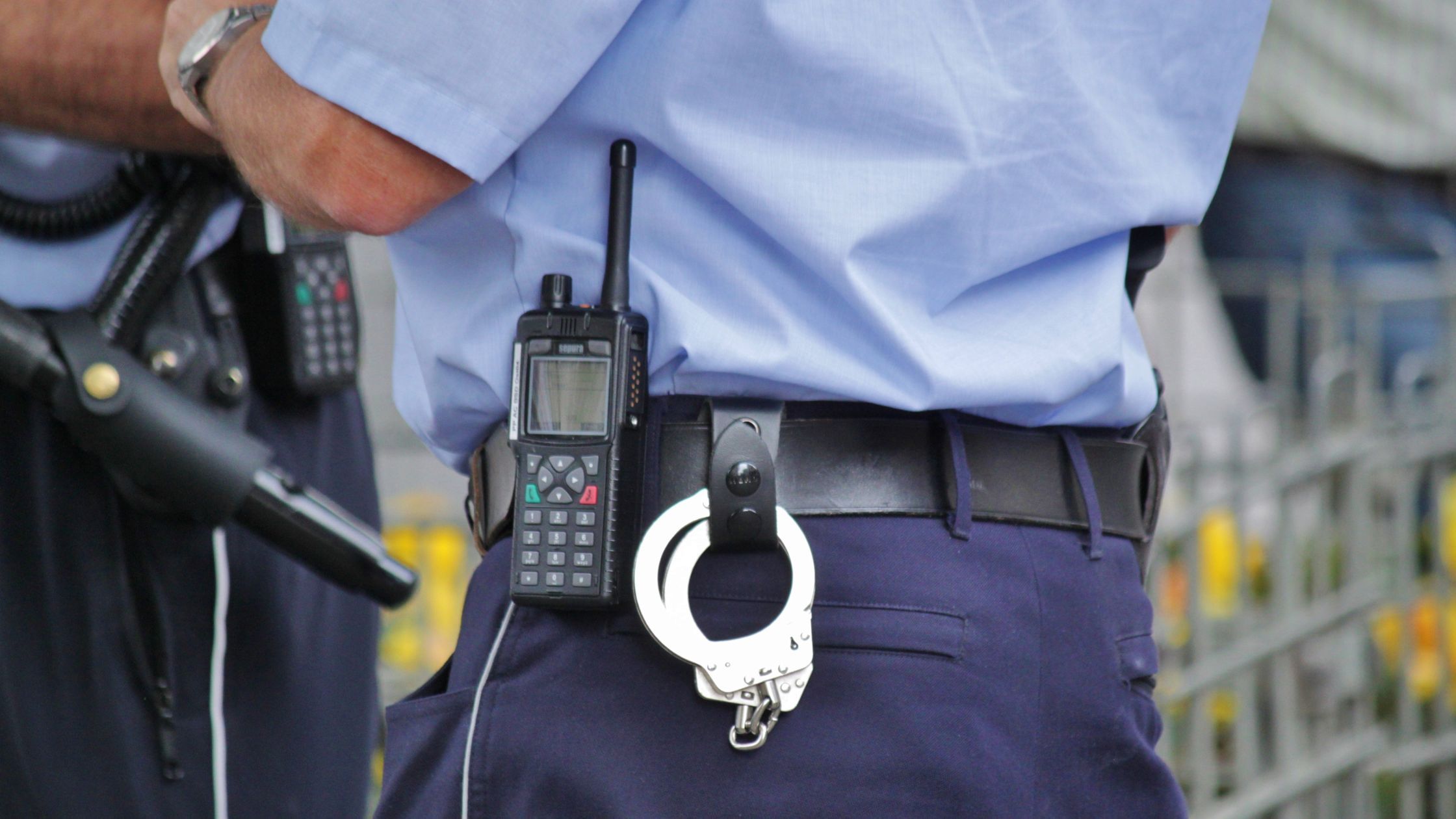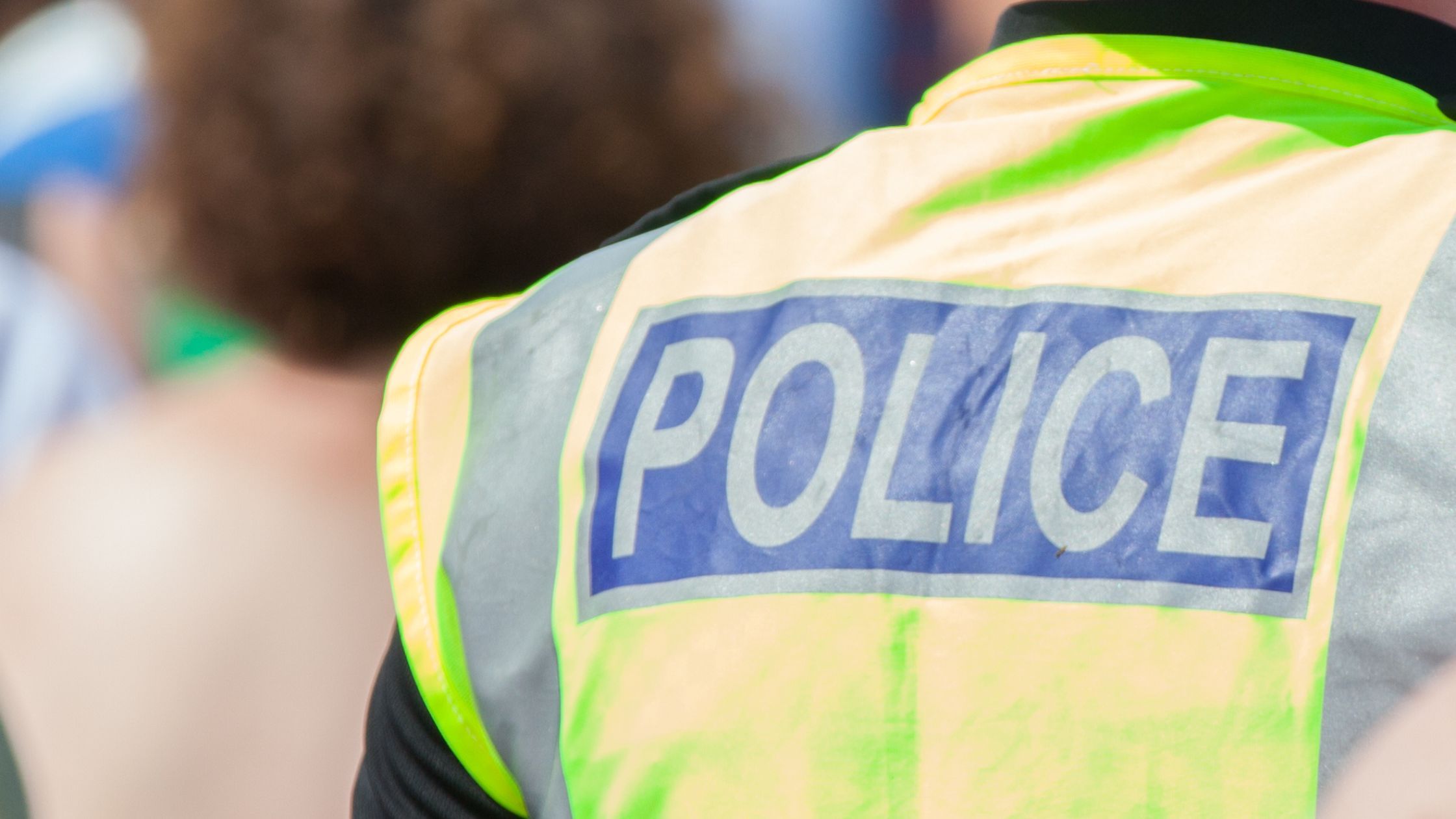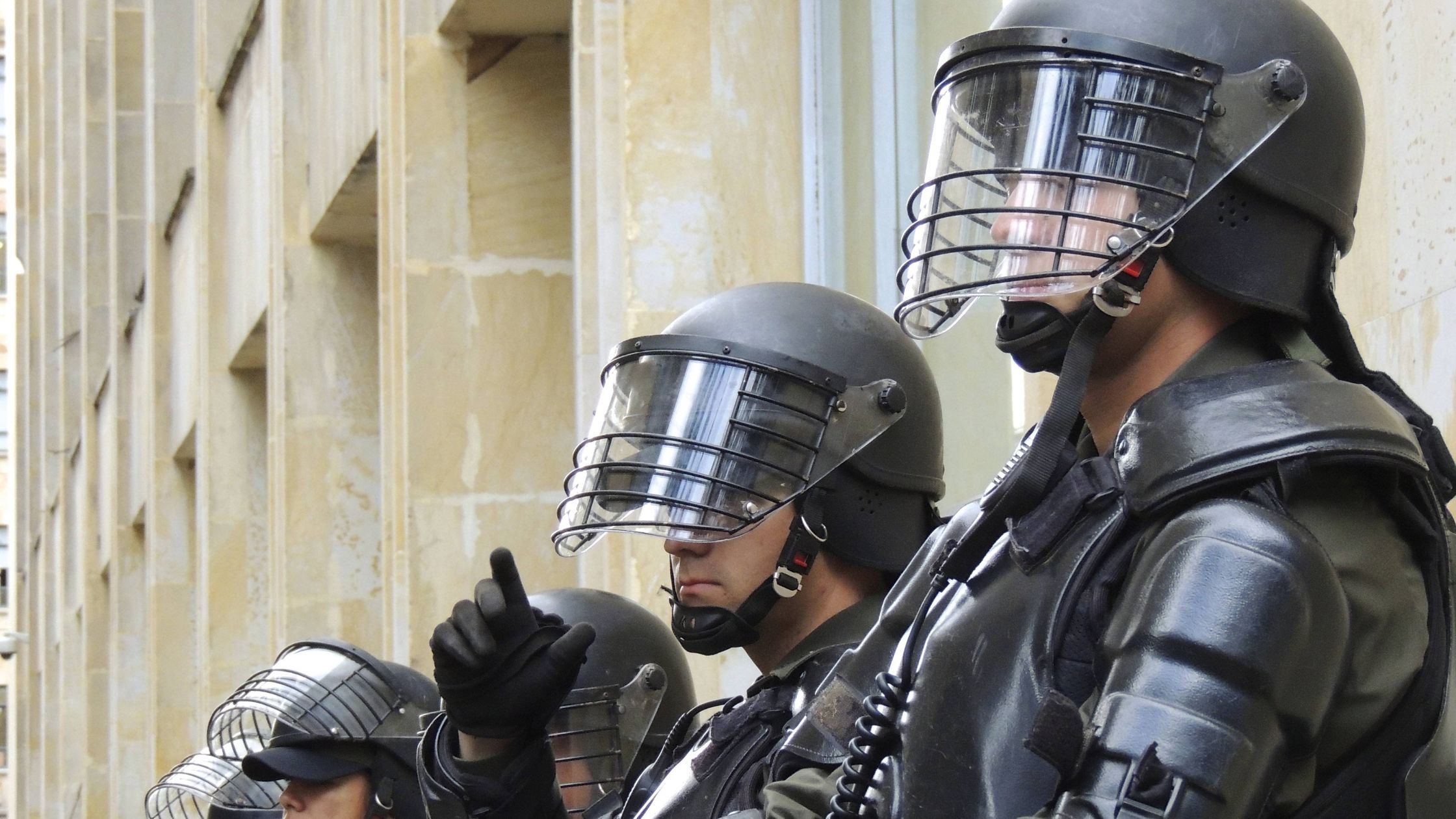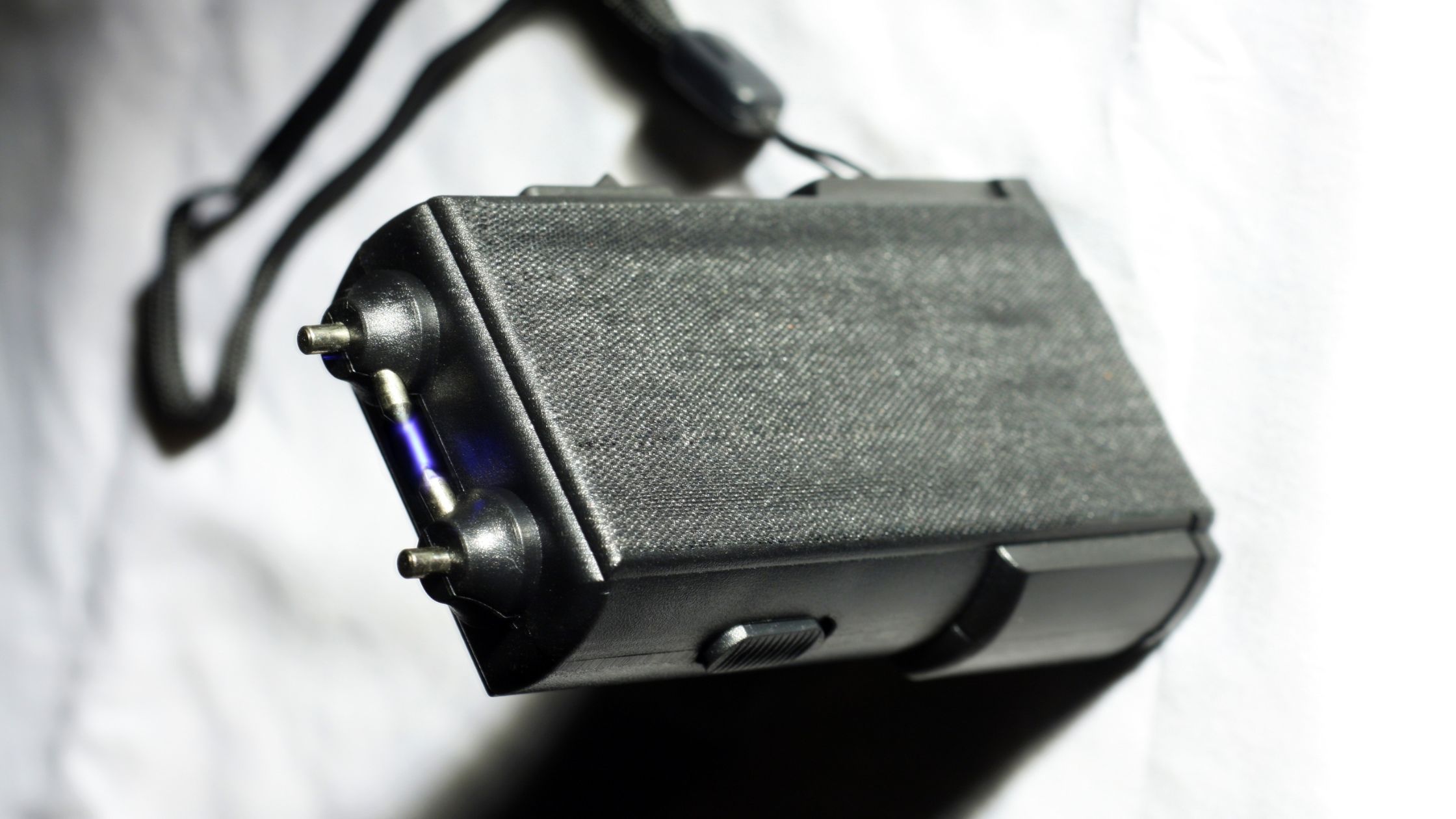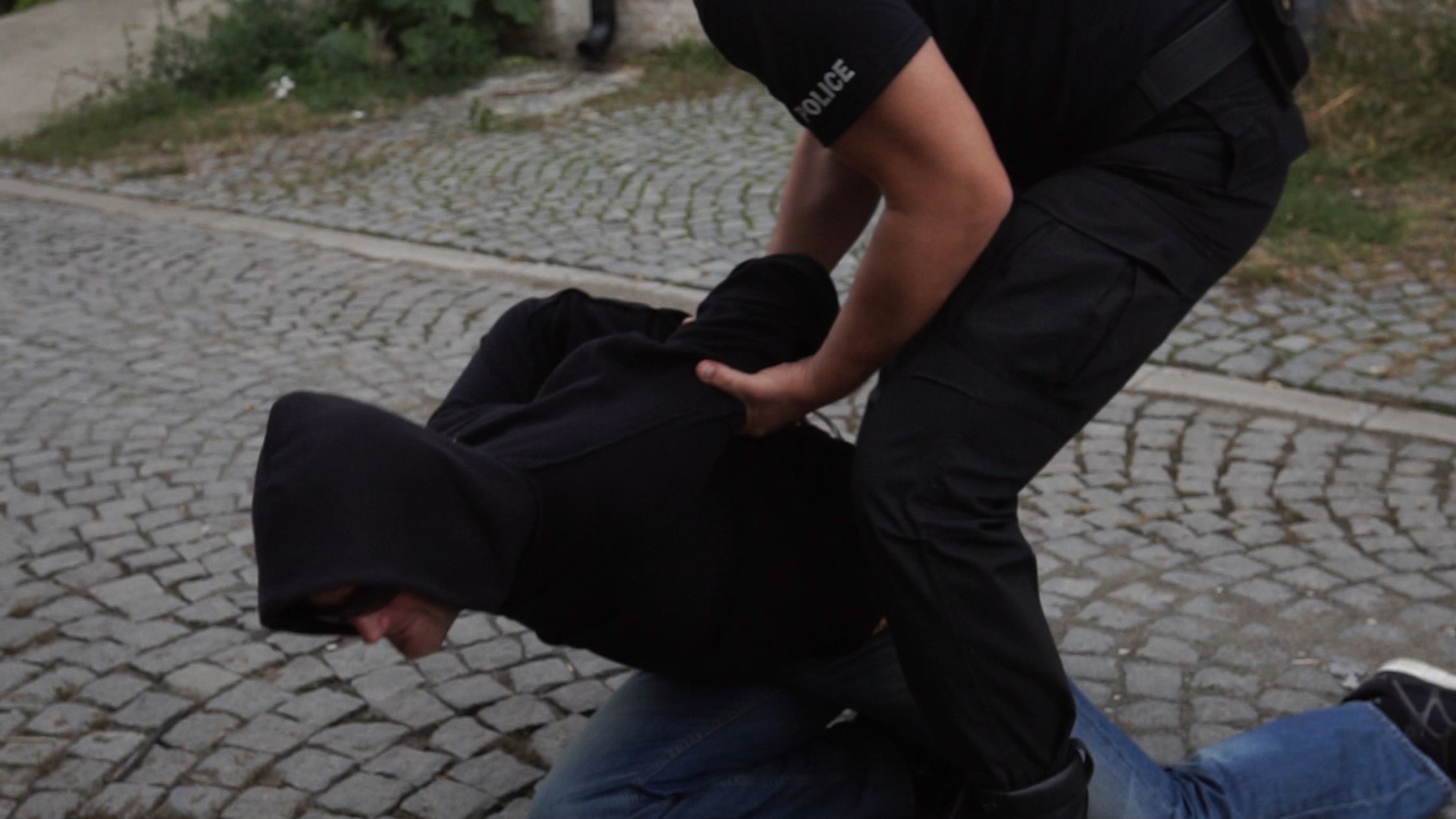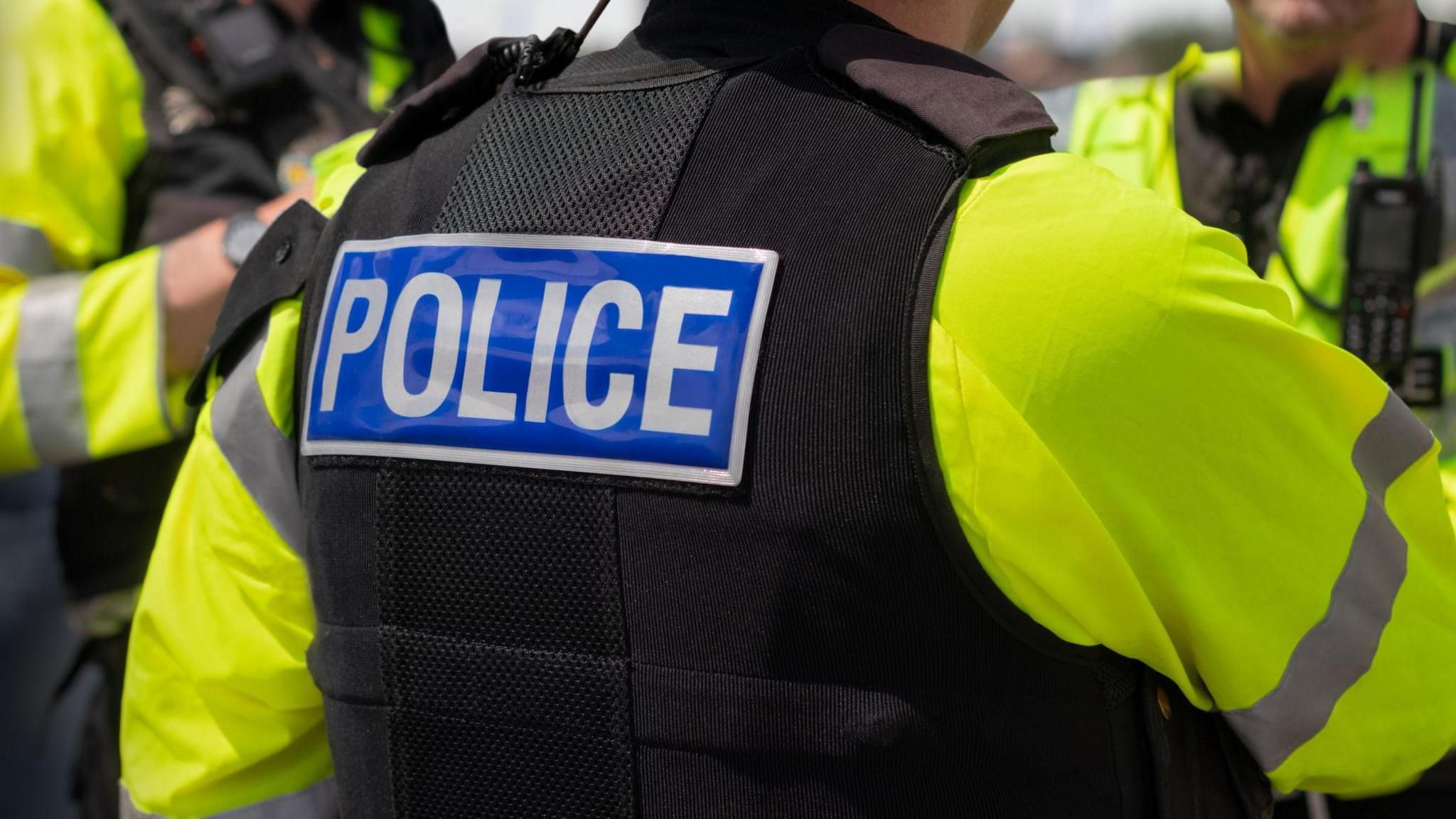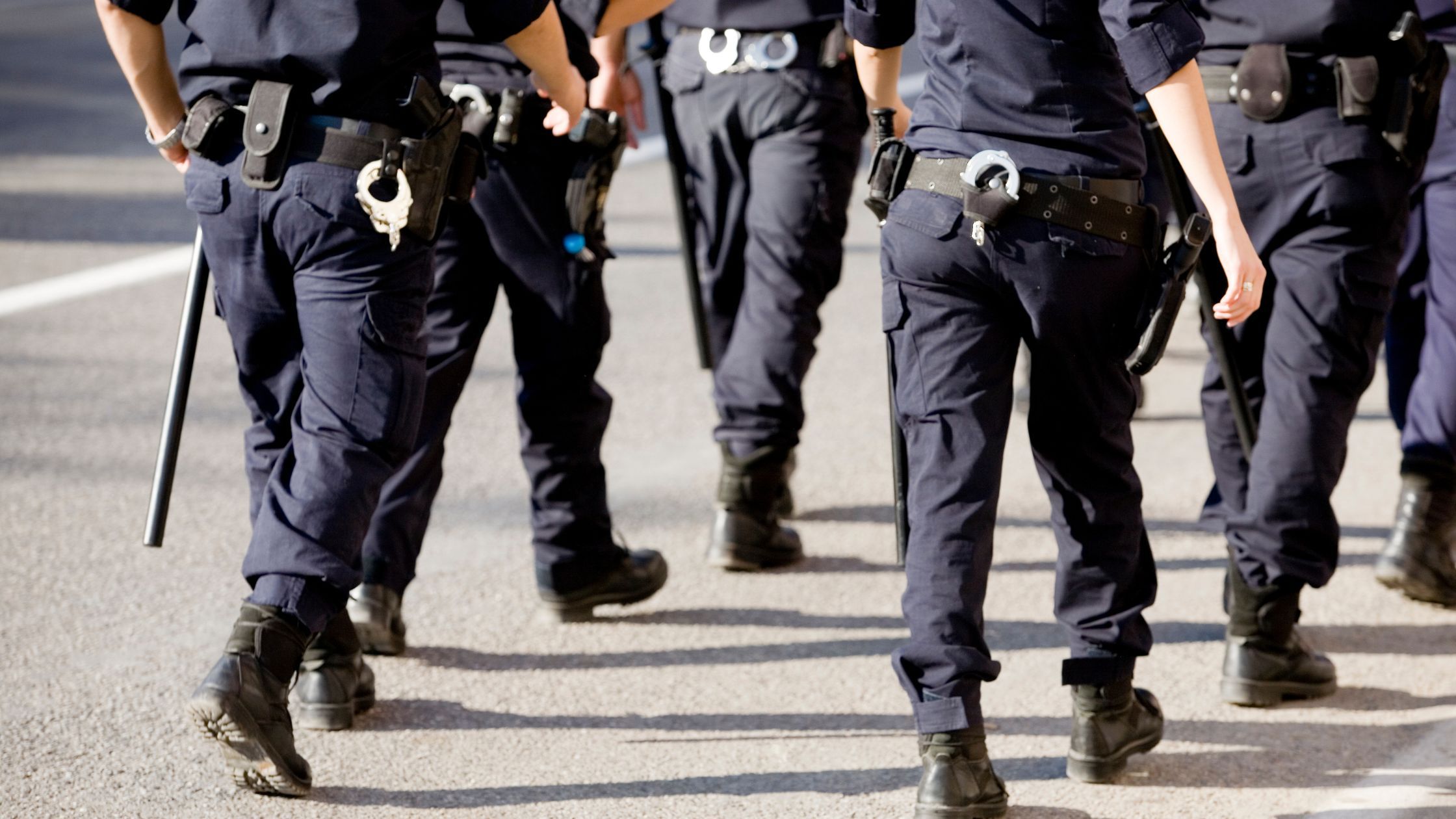The decision to arrest and detain an individual in police custody is a highly emotive issue as not only can such an action cause widespread distress and concern at the time of arrest, but it is ultimately a conscious decision to deprive an individual of their right to liberty.
Following the arrest and detention of an individual, it is at times established that no offence was in fact committed, or alternatively a crime had been committed but the arrested individual played no part in it.
In such circumstances, the aggrieved individual may have grounds to claim for unlawful arrest or false imprisonment.
The current trial of Michael Barrymore against Essex Police highlights that arrests must be lawful.
Comedian, Mr Michael Barrymore was arrested and detained in 2007 after the body of a male was found floating in his swimming pool in 2001. He is currently suing Essex Police for £2.5 million in damages for the unlawful arrest and subsequent detention.
Even though Mr Barrymore was arrested, he was never charged. His counsel, Mr Hugh Tomlinson QC said at High Court that the "arrest was made without any proper evidential foundation".
To make an arrest, a police officer must satisfy a two stage test: -
- She must have reasonable grounds to suspect an offence has been committed and that the person has committed or attempted to commit it.
- She must meet the Hayes Necessity Test by having reasonable grounds for believing that the person's arrest is necessary for one of the following reasons: -
- Ascertain the person's name.
- Ascertain the person's address.
- Prevent physical harm to self or another or suffering physical injury.
- Prevent loss of or damage to property.
- Prevent an offence against public decency.
- Prevent an unlawful obstruction of the highway.
- Protect a child or vulnerable person.
- Prevent any prosecution being hindered by the disappearance of the person in question.
- Allow a prompt and effective investigation of the offence or of the conduct of the person in question.
A police officer exercising the power of arrest must first have adequate information so that she has reasonable cause to suspect before the power is exercised.
Essex police have admitted that the arrest was unlawful and that the arresting officer did not have reasonable grounds for suspicion because he had not been part of the investigation into the death of the male.
The case of Rassi held that the important element is what material is actually in the possession of the arresting officer at the time of arrest. The officer cannot speculate, draw inferences about information other officers may have or simply act on an order from a senior officer to make an arrest. The arresting officer must have reasonable grounds for suspicion and cannot arrest on a simple order to arrest a person.
The High Court Judge, Mr Justice Stuart-Smith, presiding over the Barrymore case condemned the evidence which formed the basis of Mr Barrymore's arrest as "double, double hearsay evidence". This case continues in the High Court but if you have been co-operative with a police investigation and asked to attend a police station for an interview but instead when you arrive, are arrested and detained in a police cell, you may have a claim for compensation. Additionally, if you have been detained and/or handcuffed contact us in order to obtain a free consultation from one of our specialists.

